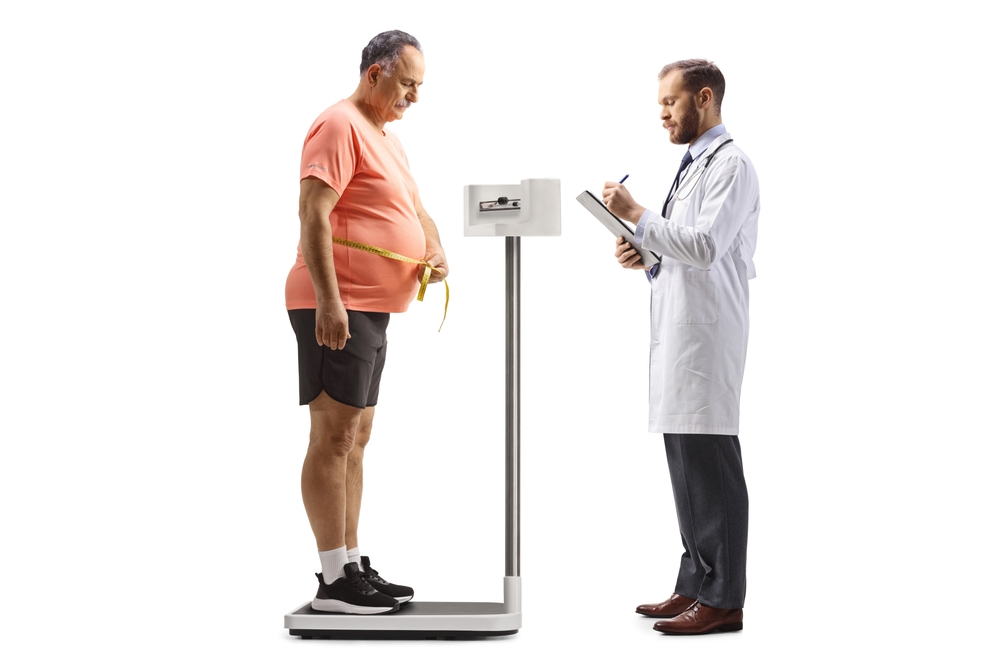Understanding Weight Loss Surgery in india: A Comprehensive Guide for a Healthier Future
With obesity rates steadily increasing, weight loss surgery in India has become an increasingly popular and effective solution for individuals who struggle to lose weight through traditional methods.
In such cases, weight loss surgery—also known as bariatric surgery—is a medically recommended solution. This guide will help you understand what weight loss surgery involves, its types, benefits, recovery, and more.
What Is Weight Loss Surgery?
Weight loss surgery includes a range of procedures designed to help people with obesity lose weight by either:
Reducing stomach size (restrictive procedures)
Altering the digestive tract to limit nutrient absorption (malabsorptive procedures)
It’s usually suggested for individuals with a BMI of 35 or higher, or those suffering from obesity-related health problems such as:
Type 2 Diabetes
High Blood Pressure
Sleep Apnea
Nonalcoholic Fatty Liver Disease (NAFLD)
Heart Disease and Stroke
Types of Weight Loss Surgery in India
Let’s explore the most widely practiced bariatric procedures today:
1. Roux-en-Y Gastric Bypass (RYGB)
This is one of the most common forms of bariatric surgery in India. It reduces the size of the stomach and reroutes a portion of the small intestine to limit calorie and nutrient absorption.
- Best For: Patients with severe obesity and metabolic syndrome
- Recovery Time: 4–6 weeks
2. Sleeve Gastrectomy (Gastric Sleeve Surgery)
In this procedure, nearly 80% of the stomach is removed, leaving a banana-shaped stomach. It reduces food capacity and the production of ghrelin (the hunger hormone), helping patients feel full sooner and less often.
- Best For: Patients looking for a less complex, effective surgery
- Recovery Time: 2–4 weeks
3. Biliopancreatic Diversion with Duodenal Switch (BPD/DS)
This is a two-part surgery that combines the benefits of sleeve gastrectomy and intestinal bypass. It’s highly effective but associated with higher risks of malnutrition, making ongoing nutritional monitoring critical.
- Best For: Super obese patients (BMI ≥ 50)
- Recovery Time: 6–8 weeks
Top Benefits of Bariatric Surgery
Aside from significant weight loss, bariatric surgery offers several health benefits:
✅ Improved Blood Sugar Control – Can reverse Type 2 Diabetes
✅ Lower Cholesterol and Blood Pressure – Reduces the need for medications
✅ Enhanced Mobility – Eases joint pain and increases physical activity
✅ Better Sleep Quality – Resolves conditions like obstructive sleep apnea
✅ Longer Life Expectancy – Reduces risk of early death by over 40%
✅ Mental Well-being – Boosts confidence and reduces symptoms of depression
Post-Surgery Recovery & Diet Guidelines
Successful weight loss surgery is not just about the procedure—postoperative care plays a vital role. Here’s what you should know:
– Recovery Timeline
Light activity within a week
Full recovery: 4–6 weeks
Resume work (non-strenuous): 1–3 weeks depending on the procedure
– Essential Dietary Tips
Eat Slowly: Take 30+ minutes to finish meals
Stay Hydrated: Sip water between meals—not during
Chew Thoroughly: Food should be near-liquid before swallowing
Prioritize Protein: Include lean meats, eggs, dairy, tofu, and legumes
Avoid High-Sugar & Fatty Foods: Prevents dumping syndrome and weight regain
Take Supplements: Multivitamins, calcium, B12, and iron as prescribed
Is Weight Loss Surgery Right for You?
If you’ve tried every diet and exercise plan without success, weight loss surgery in India might be the right choice. It’s not just a cosmetic fix—it’s a medically supervised solution for long-term obesity management.
Before making a decision, consult with a qualified bariatric surgeon to determine the best procedure for your body type, BMI, and medical history.
Final Thoughts
Weight loss surgery is a transformative tool for managing chronic obesity, reversing metabolic diseases, and improving quality of life. However, success depends on lifelong commitment to healthy eating, physical activity, and follow-up care.
If you’re considering bariatric surgery in India, our team of experts is here to guide you every step of the way—from initial consultation to post-op support.

Is Weight Loss Surgery Right for You?
If you’ve tried every diet and exercise plan without success, weight loss surgery in India might be the right choice. It’s not just a cosmetic fix—it’s a medically supervised solution for long-term obesity management.
Before making a decision, consult with a qualified bariatric surgeon to determine the best procedure for your body type, BMI, and medical history.
Final Thoughts
Weight loss surgery is a transformative tool for managing chronic obesity, reversing metabolic diseases, and improving quality of life. However, success depends on lifelong commitment to healthy eating, physical activity, and follow-up care.
If you’re considering bariatric surgery in India, our team of experts is here to guide you every step of the way—from initial consultation to post-op support.


